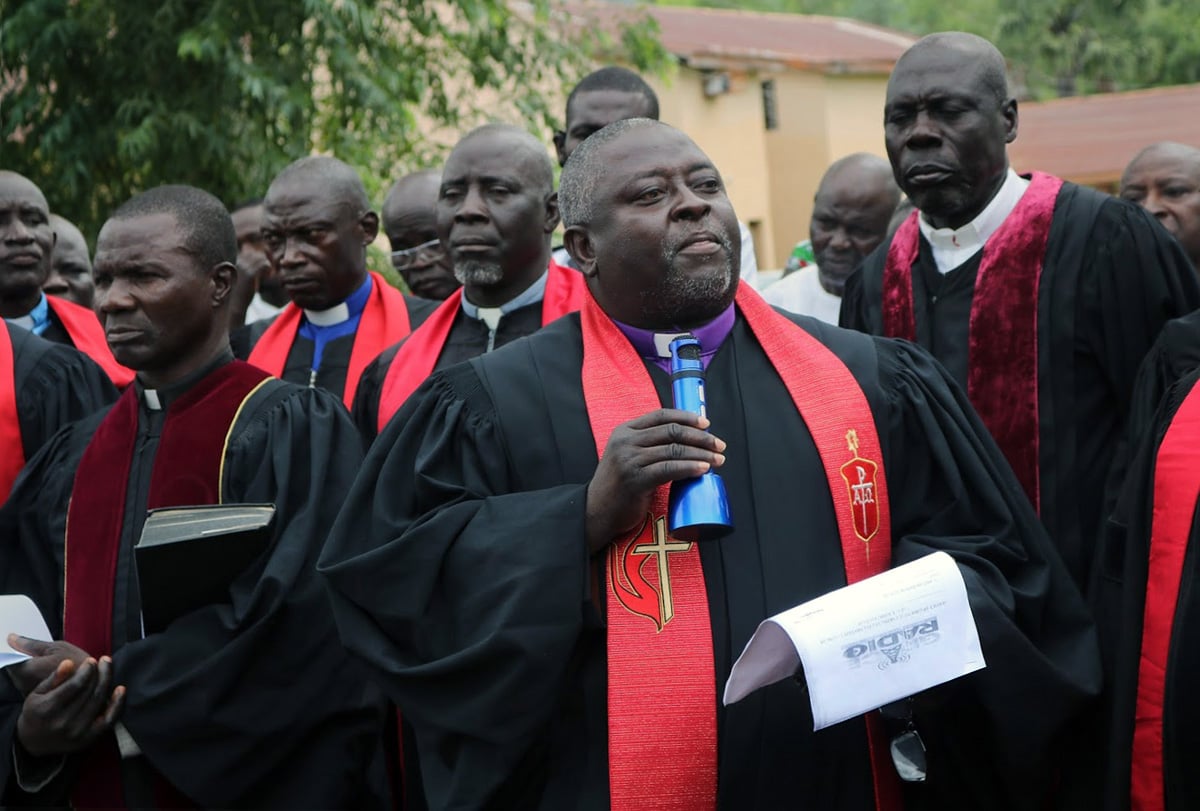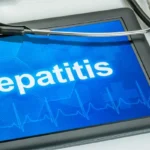By Isaac Atunlute
In the face of Nigeria’s strained and underfunded healthcare system, an unexpected force is stepping into the gap—not policymakers or corporate donors but churches, community clinics, and everyday volunteers.
Last weekend, over 500 residents of the Oshodi district in Lagos received free medical checkups during a medical outreach hosted by a parish of the Redeemed Christian Church of God (RCCG).
While this wasn’t the first of such initiatives, it hints at a more impactful trend—how faith-based institutions are filling the vacuum left by a failing primary healthcare system.
For 11 consecutive years, the RCCG outreach has provided health screenings for blood pressure, blood sugar, vision and other vitals, completely free and open to the public. More than 10,000 people have benefited from this intervention, many of whom rely on it as their only access to any form of healthcare.
But this is not just a story about one church or one weekend. It’s part of a community-led shift, an informal health movement built on religious values, voluteering and local leadership.
In Cross River state, for example, village churches have partnered with pharmacies to offer malaria care during market days.
In Jos, Plateau State, volunteer groups recently converted parts of a school hostel into a weekend clinic serving low-income students.
These projects are not elaborate affairs, but they are saving lives quietly, often with little to no funding.
They also challenge the common perception that meaningful healthcare reform can only come from the top.
If properly organised, community groups can offer basic health screenings, health education, and even follow-up care; that could lower the pressure on hospitals and reduce long-term medical costs for individuals.
Of course, these grassroots initiatives have limitations. They are often short-term, under-resourced, and largely dependent on volunteer goodwill.
They are not substitutes for the political will and investment needed to build functioning public healthcare systems with adequate infrastructure, medicine, and personnel.
Yet they offer something just as vital in the short term—they buy time. Time for people who might otherwise go undiagnosed, time for families who can’t afford a doctor, and time for reforms to take root.
In underserved areas like Oshodi, where routine medical care is either unavailable or unaffordable, RCCG’s outreach delivers dignity, attention, and a sense of community care.
The takeaway is clear: religious institutions are not only willing to assist but are doing so consistently, year after year, using models that are replicable and scalable.
These are blueprints for what works and opportunities to partner with local health authorities, with NGOs and even with health-tech startups focused on mobile diagnostics or medicine distribution.
As Nigeria continues to grapple with shortages of medical personnel and facilities, these small but steady interventions show that effective healthcare solutions don’t start with policy—they start with people.






